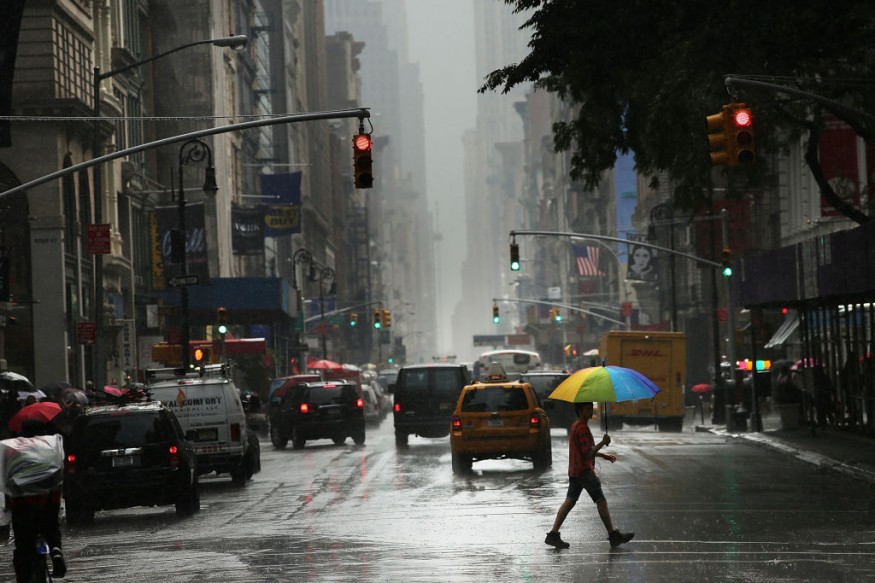The latest weather report showed that Midwest could expect severe weather threats this week, bringing possible isolated tornadoes and damaging winds.
Anyone with travel plans should consider checking the weather this week before planning any outdoor activities, as severe weather could result in travel safety concerns.
Many Americans in the Southwestern United States suffered from intense heat waves. July unleashed hotter temperatures, causing heat-related health concerns.
Recently, Nature World News (NWN) recently reported that Central and Southwestern U.S. could expect brutal heat conditions.
In the Northeast, residents could expect relief from the hot weather early next week.
NWN also reported that a developing disturbance could bring rainy conditions and gusty thunderstorms in parts of Florida and Miami. Read here.
Meanwhile, severe thunderstorms are expected in the Midwest as the final days of July end.
Troublesome heat conditions

Residents in Midwest have to deal with troublesome heat and severe weather conditions this week.
According to AccuWeather's forecast, hotter temperatures will continue in the Midwest this week, especially in Washington, Kansas City, Oklahoma, Dallas, El Paso, Las Vegas, Denver, Omaha, Helena, Fargo and Minneapolis.
Furthermore, the NWS Weather Prediction Center reported widespread heat advisories and warnings in portions of the Northeast and Southwest.
The forecast noted that index values could likely reach 100°F to 110°F.
In the CNN report, at least 150 million people are under heat concerns due to the intense heat in the country, causing a possible heat health emergency.
Severe weather threat in Midwest
The National Weather Service (NWS) advised Americans to stay safe from the extreme heat, especially for outdoor workers and older adults.
On the other hand, severe thunderstorms could emerge on Friday, bringing hail conditions and flooding downpours.
Severe thunderstorms are likely in Des Moines, Rockford, Milwaukee, Chicago, Detroit, Cleveland and Indianapolis.
In addition, the NWS said a severe thunderstorm watch is present in Indiana, Ohio and Michigan. Homeowners should secure their outdoor objects and items as damaging winds could blow them away.
Meanwhile, the severe weather threat is expected to continue this weekend, which could bring travel risks.
Based on AccuWeather's forecast, severe thunderstorms could unload in Boston, New York, Philadelphia, Washington, Albany, Scranton, Pittsburgh, Columbus, New Jersey, Virginia, Delaware, Cincinnati and Charleston.
Meanwhile, the NWS New York reported a severe thunderstorm watch in the region, which could likely cause isolated tornadoes and damaging winds.
Staying safe from the severe weather outlook
As July ends, more severe thunderstorms can be likely in portions of the U.S. Staying safe from weather threats is essential, as Americans deal with troublesome heat and severe conditions.
Here are essential reminders to Americans to stay safe from bad weather conditions.
- Severe thunderstorms could unleash isolated tornadoes and strong winds. Homeowners should keep multiple sources of news information.
- Stay at home as possible and evacuate when floodwaters rise or upon the advisory of local authorities.
- Keeping emergency supplies is a life-saver.
- Be careful with flying debris and damaged trees or houses.
Also Read D: eveloping Tropical Wave Likely to Bring Rainy Conditions in Florida, Southeast US This Midweek
Did you know?
According to NBC News, July is recorded as the hottest month on record, as Americans dealt with record-breaking heatwaves.
For more similar stories, don't forget to follow Nature World News.
© 2025 NatureWorldNews.com All rights reserved. Do not reproduce without permission.




